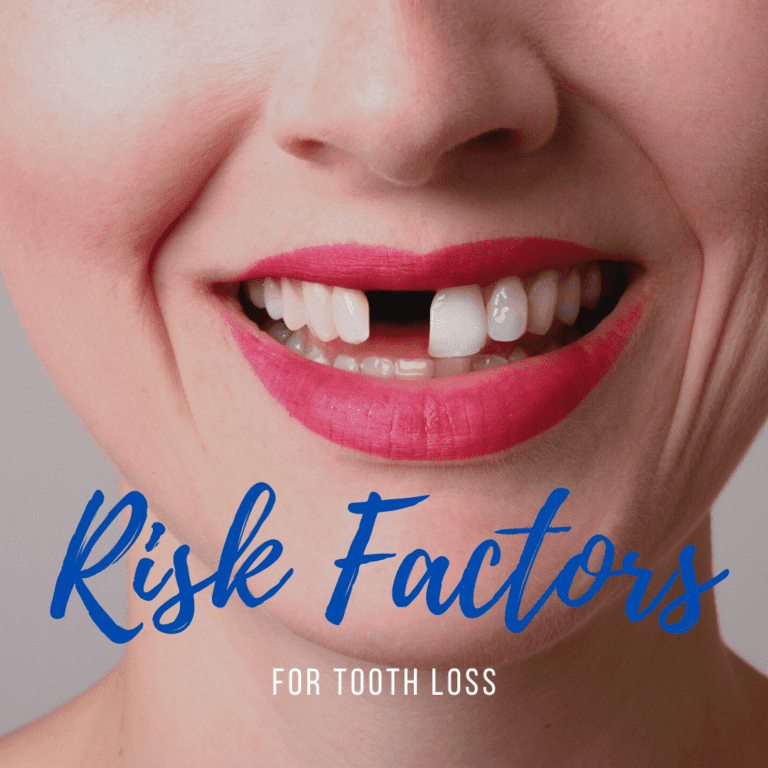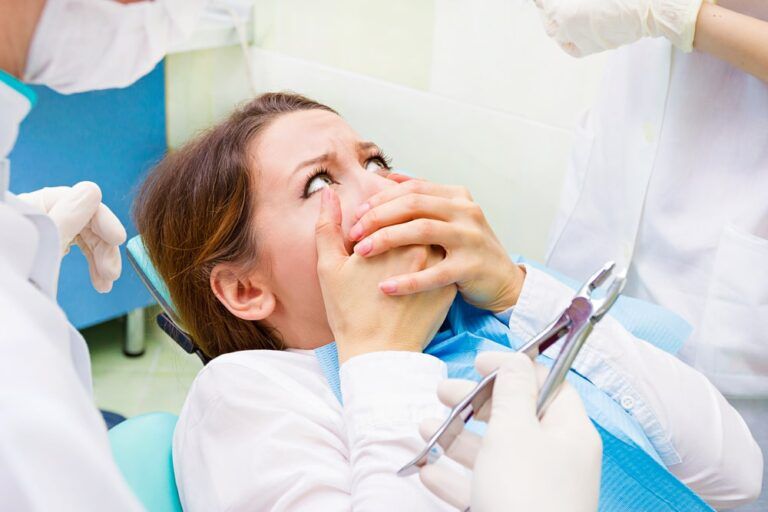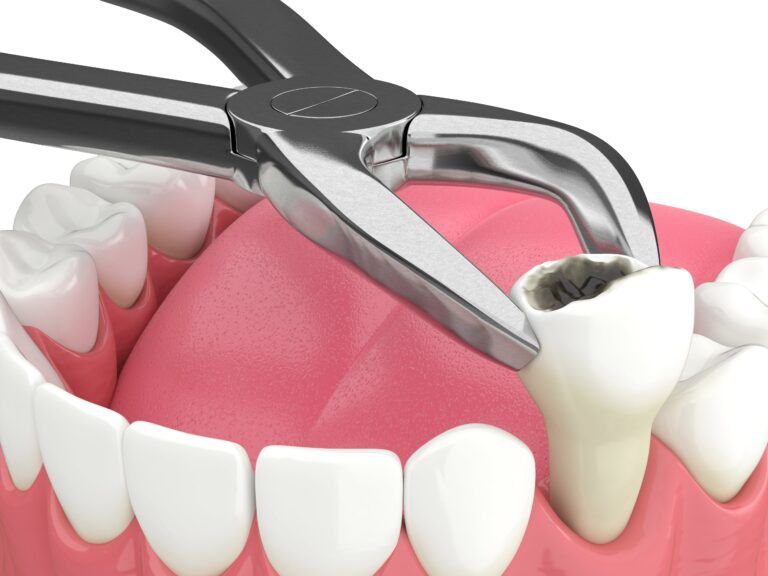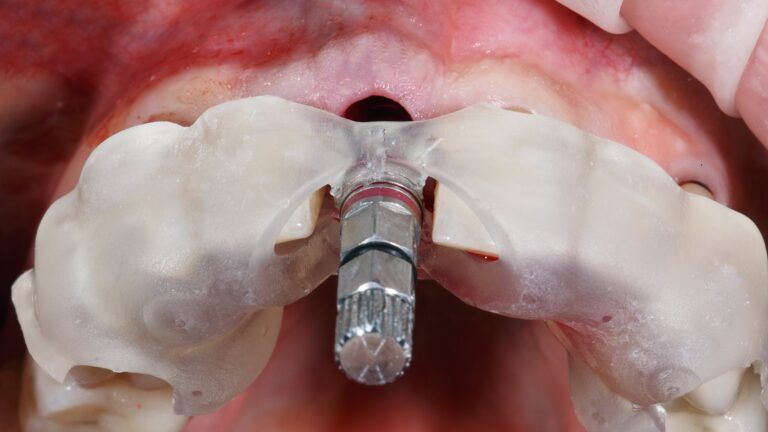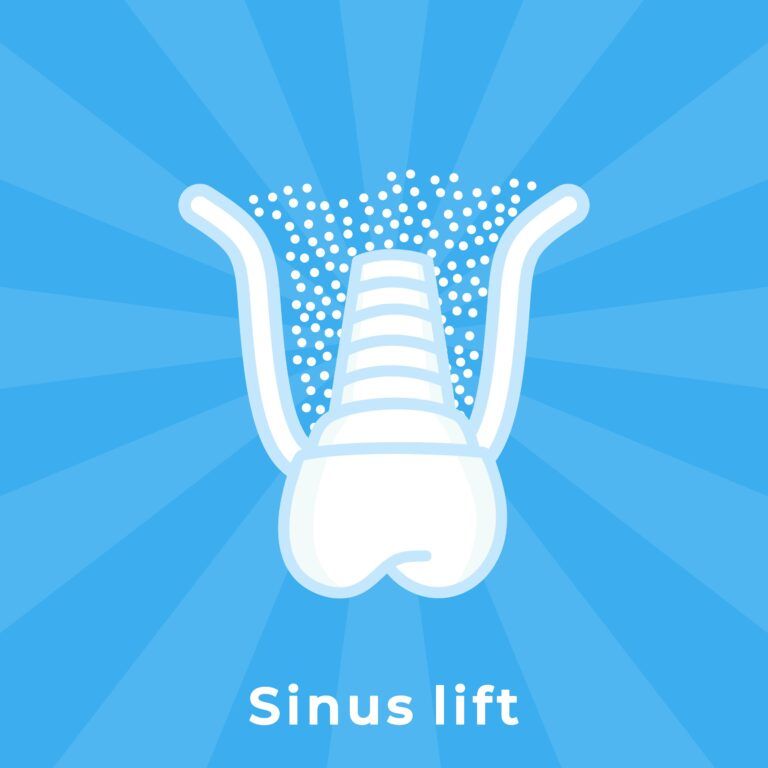Contrary to popular belief, tooth loss is not a natural part of aging. Nevertheless, the Centers for Disease Control and Prevention (CDC) has found that 26% of adults over the age of 65 only have 8 or less remaining teeth. The American College of Prosthodontists has also found that 30% of adults from the age of 65-74 have no natural teeth. At this point, you are probably wondering if aging is not the reason for tooth loss, then what is?
As with various other medical conditions, there are certain factors that can increase the risk of developing the condition. Oftentimes it is not one single factor that can predispose a person, but multiple factors that can contribute. In the case of tooth loss, a recent article published in the Journal of Periodontology has identified nine risk factors. These risk factors were identified by carefully evaluating documentation of extractions performed at 21 general dentistry clinics in a 30-day period. These documents contained information about the patient’s age and gender, medical history, dental maintenance history, toothbrushing frequency, types and numbers of extracted teeth, and the reason for extraction.
The most common reason for tooth loss worldwide is periodontal disease and this was reflected during the study. Therefore, the top risk factors identified during the study relate to tooth loss from periodontal disease. Periodontal disease is an infection of the tissues that hold the teeth in place. Although it is primarily associated with the gums, periodontal disease can also affect the cementum, periodontal ligament, and alveolar bone in the advanced stages. Unfortunately periodontal disease is common in adults over the age of 30 and affects approximately 47.2% adults. As such, it is important to know the risk factors associated with tooth loss from periodontal disease. These include:
Being Over 35

Although aging alone is not a reason for tooth loss, it is still a risk factor that can increase the risk of tooth loss. This is simply due to the fact that the risk of developing periodontal disease increases with age, therefore so does the risk of losing one or more teeth from periodontal disease. In fact, the CDC notes that the number of periodontal disease cases rises with age with approximately 70.1% of adults over the age of 65 being affected.
Being Male
The study also found that men were more likely to have teeth extracted due to periodontal disease than women. This is likely because men are more likely to develop periodontal disease than women. In fact, the CDC notes that only 38.4% of women are affected by periodontal disease, compared to 56.4% of men.
Never Getting Professional Dental Care
Another risk factor that made extraction more likely was never getting professional dental care. Specifically, the study asked patients whether they have had a dental or periodontal cleaning. Only 12.9% of patients reported having a dental cleaning in the past 6 months, while 39.1% reported they have never had a dental or periodontal cleaning. Patients who had never had a dental cleaning made up the majority of extractions due to periodontal disease.
Never Using a Toothbrush
The study also identified that only 16.2% of patients brushed their teeth a minimum of twice a day and 24% of patients brushed their teeth once a day. The remaining 59.8% of patients either brushed their teeth occasionally or not at all. The combination of never getting professional dental care along with never using a toothbrush were significantly related to tooth loss from periodontal disease.
Current or Past Smoking
About 30% of patients involved in the study were current or past smokers and it was concluded that current and past smokers were more likely to have tooth loss due to periodontal disease. However, researchers also noted that more information on the patient’s smoking habits and history could have suggested a stronger link between smoking and tooth loss.
Tooth Type
There are different types of teeth that are all different shapes and sizes to serve a specific function such as biting, tearing, or grinding. When it comes to tooth loss from periodontal disease, it was found that it was more likely to lose the front teeth than it was to lose the back teeth.
Having Diabetes, High Blood Pressure, or Rheumatoid Arthritis
Out of all the patients who had teeth extracted, it was found that 19.2% were also affected by diabetes, 13.6% were also affected by hypertension, and 0.7% were also affected by rheumatoid arthritis. Adjusted odds ratios were used to measure the association between exposure and outcome. The results found that there was an association between tooth loss due to periodontitis and: diabetes (AOR=2.64), hypertension (AOR=1.73), and rheumatoid arthritis (AOR=4.19).
What to Do if You Have One or More Missing Teeth:

If you are reading through this list thinking that you have a few of these risk factors, then you are probably wondering whether you will eventually lose your teeth or not. While there is no easy answer, practicing good oral hygiene and visiting your dentist regularly can improve your chances of keeping your natural teeth. With that being said, there are also cases where tooth extractions become necessary to maintain your oral health. Although periodontal disease is the most common cause of tooth loss, another common cause is tooth decay, which has similar risk factors.
Even if you do end up needing to have one or more teeth removed due to periodontal disease or decay, this doesn’t mean that you will have to remain with gaps in your mouth. Nowadays, there are a variety of tooth replacement options. One common option is dental implants. Dental implants are considered to be the gold standard of tooth replacement options since they are implanted into the jawbone to act as artificial tooth roots. In fact, there are cases where dental implants can be placed during the same procedure as a tooth extraction. This would mean that you won’t have to go without teeth and having dental implants placed after an extraction is also better for your jawbone. For these reasons, it is recommended to consult with an implant specialist if you are concerned about the possibility of losing your teeth to periodontal disease or decay.

Irfan Atcha, DDS, DICOI, DADIA at New Teeth Chicago Dental in Chicago, Illinois is a board-certified general dentist and a nationally recognized expert in dental implants, cosmetic dentistry, and sedation dentistry. Dr. Atcha is now serving patients in Naples, Bonita Springs and SW FL area with All-on-4 implants, teeth-in-a-day, same day dental implants and the complex zygomatic dental implants for the no-jaw bone solution approach. To schedule a consultation please email Dr. Atcha at teethforyou@gmail.com.

